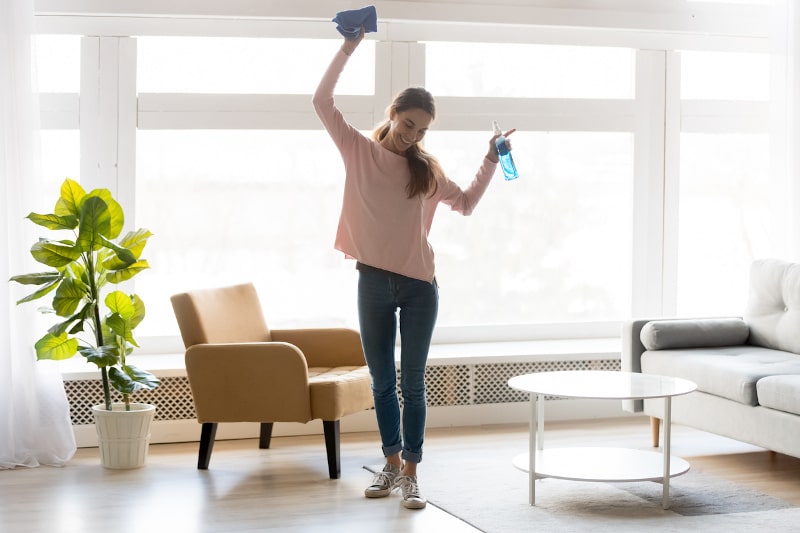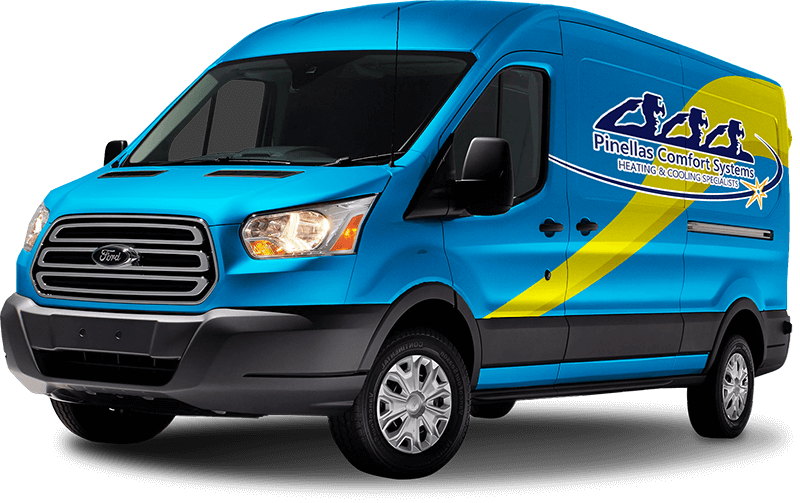
Ultraviolet light air purification systems are an excellent alternative to other air purifiers on the market. Before purchasing one, you should know why a UV air purifier is better than a standard air purifier and how it works to purify the air in your home or office space. Read on to learn more about the science behind UV light air purification and why it’s beneficial to your health and wellness.
Background on Ultraviolet Light
The sun naturally emits ultraviolet light; ultraviolet light is part of a larger electromagnetic spectrum that reaches us from our sun. When it comes into contact with a living organism like plants, animals, or people, UV light helps kill any existing microbes that may be present on the surface. UV rays, which make up a significant component of sunlight, can help remove harmful microorganisms from surfaces and the air.
Understanding How A UV Air Purifier Works
UV rays filter through the ozone layer that absorbs their harmful wavelengths; then, we can harness that remaining wavelength for beneficial purposes, such as reducing or eliminating unpleasant odors. You can find another application for UV light in food preparation where cross-contamination of bacteria between foods can pose health risks if not removed before serving. Medical supplies can also be more sanitary with UV light as part of the cleaning process.
As a powerful disinfectant, ultraviolet rays are useful in sanitation processes for clean drinking water and many other sterilization processes. In your home or office environment, UV rays can also kill airborne germs such as viruses, bacteria, spores, and harmful chemicals like formaldehyde.
How Does a UV Air Purifier Eliminate Contaminants?
When UV light breaks down into its components, it becomes photons. These consist of energy waves that travel at incredibly high speeds. These energy waves collide with airborne contaminants upon entering a cloud of impure air.
When an individual photon collides with airborne particles like bacteria or viruses, the photon causes the particle to disintegrate in a process known as photodegradation. This is how a UV air purifier works to clean the air.
A UV air purifier can help improve air quality for people who worry about allergens, bacteria, and other contaminants at home. Homeowners who want to purchase UV light cleaners or who would like to learn more about how they function can contact a local dealer for more information.
What You Need to Know About UV Air Purifiers
There are several dangers associated with the improper use of UV air purifiers because UV rays are a form of solar radiation. Over-exposure to ultraviolet light can lead to photokeratitis, a painful eye condition where the eyes become extremely sensitive to light. Over-exposure to ultraviolet rays over long periods can result in cataracts, macular degeneration, and even skin cancer.
For this reason, it’s important to understand your options if you’re looking to buy a UV light air purifier. A technician can recommend the best models for your space, install your top choice in a safe location, and teach you how to operate it safely to avoid any negative health concerns.
Improper cleaning of filters can also cause health issues such as asthma or various respiratory problems, including allergic reactions due to bacterial growth in poorly maintained units. It’s important to follow the recommended maintenance schedule for a UV light air purifier. If you want more information about which air purifier is right for you, professionals can advise you and guide you on choosing an air purifier for inside your home.
For years, we have installed, serviced, repaired, and replaced HVAC systems for residents in Dunedin, FL. If you’re looking for UV lights that go above and beyond to improve your air quality, then call on one of our experts at Pinellas Comfort Systems. We also offer duct cleaning and air scrubber system services, and we always ensure our clients receive top-quality workmanship.
Image provided by iStock

